Tiger Lillies And Contrastate - Interview
by Chris O'Toole
published: 21 / 9 / 2008
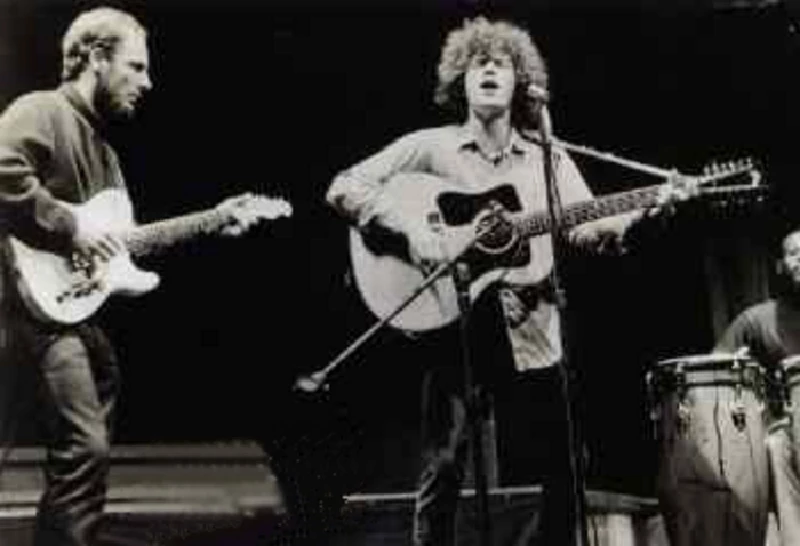
intro
Lee Underwood spent the early part of his recording career and nine years working as Tim Buckley's regular guitarist, appearing on each of his records. He speaks to Chris O' Toole about Buckley's legacy, his life since his death in 1975 and the part he played in the development of a legend
Lee Underwood spent the early part of his recording career as the guitarist by the side of Tim Buckley, collaborating, performing and performing with one of the brightest stars of his generation. But that was only the part of the tale. In the years following Buckley's death - of a suspected overdose in 1975 – Underwood has carved out a niche for himself as a poet, painter and, of course, musician. He also worked as a music journalist in the 70's and 80's, including 'Rolling Stone', 'L.A. Times' and in 2003 also published an autobiography about his years with Buckley, 'Blue Melody: Tim Buckley Remembered'. In celebration of a new DVD of Buckley's television performances entitled 'This Fleeting House' Pennyblackmusic caught up with Lee to examine the legacy of Buckley, Underwood's life since and the part he played in the development of a legend. PB : The qualities of the music you and Tim recorded together are elusive and enigmatic; do you feel this is captured on the live versions presented on the 'My Fleeting House' DVD ? LU : No question about it. This DVD serves Tim and the music well. Tim had a mystique, a blend of gentle beauty and underlying intensity that he brought to every song. In his early years, he looked as vulnerable as a wild deer, even as you see him on this DVD in 'Song to the Siren', 'Morning Glory', or 'Sing a Song for You.' In his middle and later years, he could be as forceful and aggressive as an electric-haired rock 'n' roller, as in the marvelous 1970 rendition of 'Come Here Woman'. Through all of his phases, that elusive, mysterious quality you mention remained with him. I explore that quality of gentle ambiguity and forceful assertiveness at length in my book 'Blue Melody: Tim Buckley Remembered', about the years we spent together between 1966-1975. I think the 'My Fleeting House' DVD presents these aspects of Tim's personality and creative energies quite well. PB : What was the inspiration for the 'My Fleeting House' DVD ? Was new footage discovered or re-mastered for example ? And what was the role, if any, of Mary Guibert, Jeff Buckley's mother and Tim's ex-wife ? LU : I of course cannot speak for the people who assembled these TV clips of Tim's performances. Clearly, they are offering the best that is available. I trust they were inspired by respect for Tim and the music as well as by the DVD's commercial potential. Strangely enough, very few of Tim's TV performances remain, so this assembly is surely definitive. That makes it special. In today's media, everybody and his little sister are videotaped. But back in Tim's era, video was just coming in. Plus, Tim was not a commercial superstar, so he did not receive as much attention as, say, Hendrix or Cream. As far as I know, there is no other footage to be unearthed, although I could be wrong about that. I had not seen the 'Late Night Line Up' or 'Dutch TV' clips before. Nor had I seen the incredible footage from 'The Show', taped in Hershey, PA in 1970. That's the one with Tim's beautiful performance of 'I Woke Up' and his amazing rendition of 'Come Here Woman'. This clip was a recent discovery, a major find by producer Rick Fuller. Both of those songs are from Tim's 'Starsailor' period and, in my view, constitute two of the very best performances on the entire DVD. I believe the selections from the 'Boboquivari' show were remastered. They include 'Blue Melody' (which is the only clip of this song I know of) and Larry Beckett's song 'Venice Beach' (which is the only performance of it, as I recall). As far as I know, Mary Guibert had nothing to do with this assemblage. She may receive some royalties from it, but that is a matter of business, which has nothing to do with me. PB : Do you feel there are any specific reasons why Tim Buckley's commercial legacy has never kept pace with the critical acclaim afforded his work ? LU : The most obvious reason seems to be the fact that he changed musical conceptions every year or two. Many listeners had a hard time keeping up with that. One of the nice things about this DVD is that it covers Tim's full spectrum quite well. Today, we can appreciate what he was doing. He took listeners through five different musical dimensions in nine years. Everybody enjoyed the initial folk and folk-rock phase of 'Tim Buckley' and then 'Goodbye and Hello'. When he visited the jazz domain with 'Happy Sad' and 'Blue Afternoon', many of his earlier fans still hung in there and felt comfortable. But when he explored avant-garde and contemporary classical concepts with 'Lorca', then 'Starsailor' (which he regarded as his masterpiece), conventional listeners conditioned by radio music and orthodox approaches to song forms and singing styles simply could not handle it. Tim spent three years developing 'Starsailor' concepts. By the end of that time, he had lost nearly all of his original audience, although he had gained a small cadre of adventurous listeners. When he then switched to his fifth and final phase — the last three albums, 'Greetings From L.A.', 'Sefronia' and 'Look at the Fool' — he lost all the people who loved the avant-garde music of 'Starsailor'. By the time he, however, died in 1975, the white-funk dance music and beautiful ballads of this final period were beginning to attract new audiences. All along the way, from day-one to the end, various critics picked up on Tim's originality and tipped their hats to him — not all at once, of course. But within each phase there were those who appreciated him. I respect him to this day. His astonishing creative energies, his imagination, his intelligence, his courage, his musical brilliance — he had it all. That is why I wrote 'Blue Melody : Tim Buckley Remembered', and have continued to celebrate him and his music throughout the 30+ years since his demise. PB : You first met Tim at 'The Night Owl' in New York in 1966. What were your first impressions of him and his singing style ? Do you feel you had any influence over his development as an artist during that period? LU : Initially, he sounded to me rather like an innocent, a 19-year-old folk-singing choirboy with great potential. His songs, most of which were co-written with Larry Beckett, were lovely gems that drew largely on high school experiences. Tim's voice was magical, as we know, and the songs themselves were far more original than the blues-based clichés composed by most of the other singer-songwriters of that era. I don't know that I had any musical influence on Tim at this stage of his development. Two songs in particular from the first album, however, very much interested me – 'Song of the Magician' and 'Song Slowly Song'. They were extraordinarily atmospheric, spacious, intimate, free-floating — and as we can see today, they were seminal ideas that flowered into major works in later years such as 'Hallucinations', 'I Woke Up', 'Lorca', 'Anonymous Proposition' and 'Starsailor'. PB : Which was your favourite album to record ? 'Lorca' and 'Starsailor' are perhaps the most revered, but for you, which was the album that captured your imagination? LU : They all captured my imagination, because each of the nine albums he recorded during his lifetime contained so much original material. By that I mean his lyrics, chord progressions, melodies and increasing improvisational material were unique. He was a fountain of great ideas and impassioned musicality. As he changed and grew, so I had to change and grow in order to participate with him. That was a joy. PB : How would you describe the legacy of the music you and Tim created ? Can you see any influence on popular culture or specific recording artists today ? LU : I think the legacy has to do less with specific songs or albums than it does with his approach to making music. Unlike most individuals or groups in the popular music domain, Tim did not merely find a style that listeners liked, and then re-do it over and over again until the mother lode ran out. He was not in it for the money. He was in it to create as much music on as many different levels as he could. Like guitarist John McLaughlin or pianist Keith Jarrett or trumpet player Miles Davis, he explored music and himself endlessly. He grew. He expanded. He evolved. That took not only great talent, but great courage, integrity and imagination. He stands as an exemplary model of artistic creativity. As for influence, only one singer-songwriter that I know of learned a tremendous amount from Tim and had talent and voice enough to use it well: his son, Jeff Buckley. PB : How do you view the abrupt end to Tim's recording career ? Was it a conscious decision at the end of a downward spiral, or a mistake on the part of an artist with a great wealth still to give ? LU : Tim's spiral at that time was actually starting on the upswing. He was working on new music with Larry Beckett, conceiving a live 'Best Of' re-recording of favourite songs, and exploring the question of film acting. I think he had plenty of time, energy and talent left to give. His death by an overdose of alcohol and heroin was by no means a conscious choice. It was not suicide. It was purely an accident. PB : For Tim were drugs a recreational activity or an essential ingredient in his musical legacy, like Jim Morrison for example? LU : All sorts of drugs, from alcohol to grass to heroin, were part of the social fabric of that era. Tim used various drugs, not merely to get high and have sex or whatever, but to intensify his sensibilities in the service of music. A lot of his fans don't want to believe that, of course. I'm not saying Tim didn't enjoy getting stoned for the pure pleasure of it. I'm just saying he knew what he was doing most of the time and, especially early on, had high artistic reasons for amplifying creative energies. Later, for a variety of reasons, things perhaps got out of hand. Listen to the lyrics of songs like 'Who Could Deny You' and 'Look At the Fool'. You'll see some of the reasons why. PB : Finally, did you or Tim ever meet Frank Zappa, when Tim's records were being released by his imprint ? What was Zappa like during the period and what did he think of your work ? LU : Tim knew Zappa from the beginning, as Frank and Tim were both managed by Herb Cohen. We were on the same bill with Zappa in New York in 1966, and performed several other concerts with Frank along the way. Frank didn't think much of Tim's folk music efforts early on, because Frank was an extremely sophisticated composer, rooted in complex modern classical music. But he ultimately came to respect Tim when Tim recorded the avant-garde music on 'Starsailor'. PB : Thank you
Picture Gallery:-
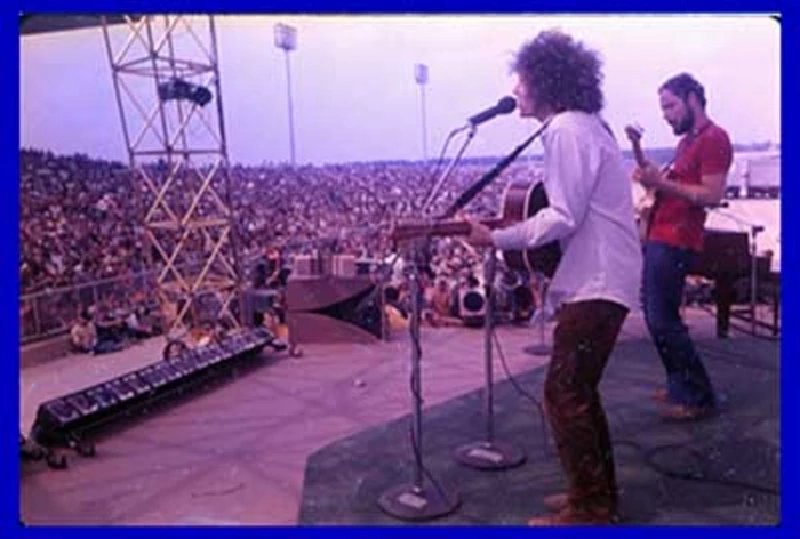
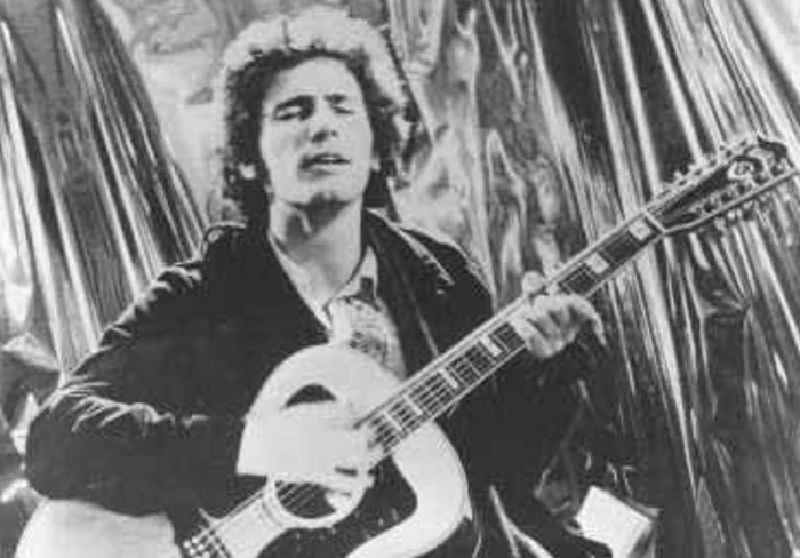
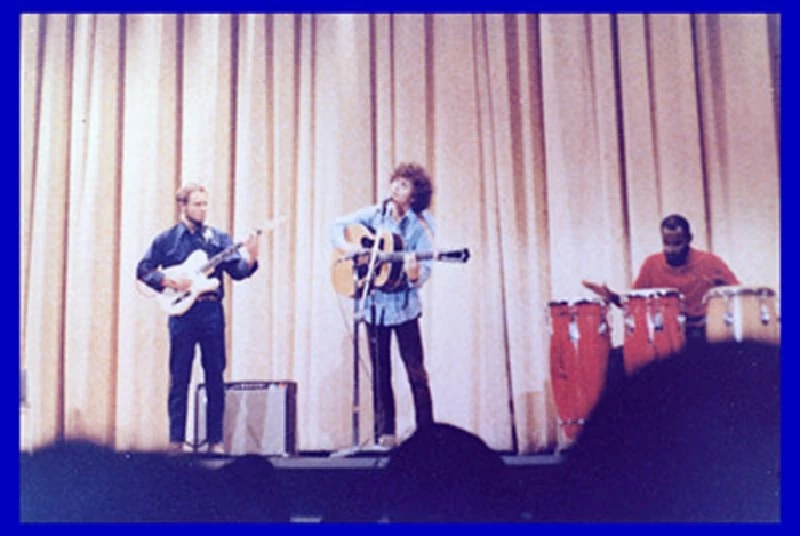
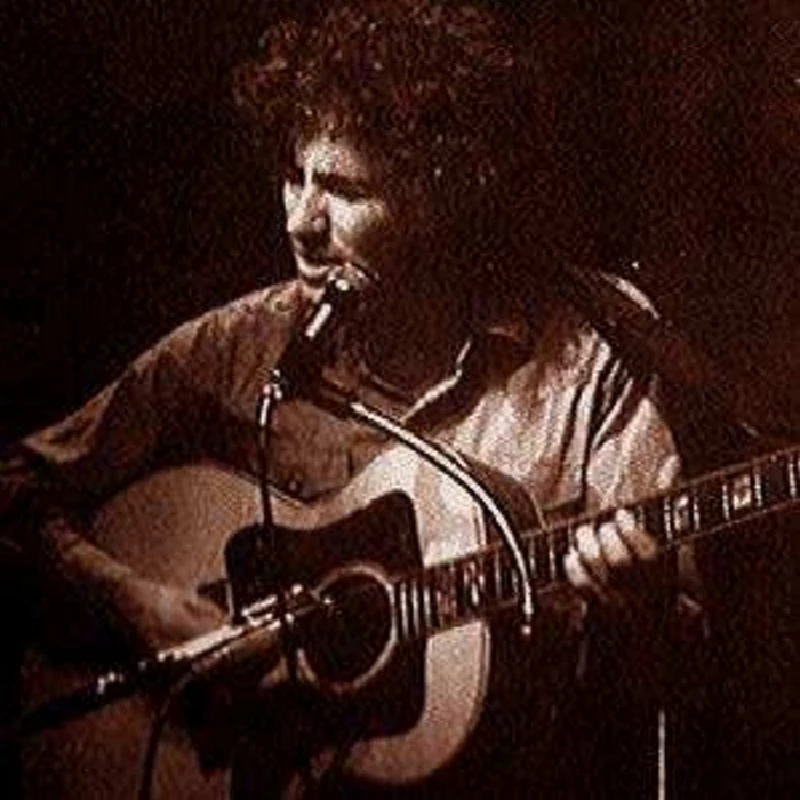
most viewed articles
current edition
John McKay - InterviewCathode Ray - Interview
Robert Forster - Interview
When Rivers Meet - Waterfront, Norwich, 29/5/2025
Spear Of Destiny - Interview
Fiona Hutchings - Interview
Carl Ewens - David Bowie 1964 to 1982 On Track: Every Album, Every Song
Chris Wade - Interview
Shrag - Huw Stephens Session 08.12.10 and Marc Riley Session 21.03.12
Brian Wilson - Ten Songs That Made Me Love...
previous editions
Heavenly - P.U.N.K. Girl EPBoomtown Rats - Ten Songs That Made Me Love....
Manic Street Preachers - (Gig of a Lifetime) Millennium Stadium, Cardiff, December 1999
Allan Clarke - Interview
Oasis - Oasis, Earl's Court, London, 1995
Barrie Barlow - Interview
Beautiful South - Ten Songs That Made Me Love...
Chuck Prophet - Ten Songs That Made Me Love...
Pixies - Ten Songs That Made Me Love...
Dwina Gibb - Interview
most viewed reviews
current edition
Peter Doolan - I Am a Tree Rooted to the Spot and a Snake Moves Around Me,in a CircleVinny Peculiar - Things Too Long Left Unsaid
Garbage - Let All That We Imagine Be The Light
Vultures - Liz Kershaw Session 16.06.88
John McKay - Sixes and #Sevens
Little Simz - Lotus
HAIM - I Quit
Pulp - More
Lapsley - I'm a Hurricane, I'm a Woman In Love
Billy Nomates - Metalhorse
Pennyblackmusic Regular Contributors
Adrian Janes
Amanda J. Window
Andrew Twambley
Anthony Dhanendran
Benjamin Howarth
Cila Warncke
Daniel Cressey
Darren Aston
Dastardly
Dave Goodwin
Denzil Watson
Dominic B. Simpson
Eoghan Lyng
Fiona Hutchings
Harry Sherriff
Helen Tipping
Jamie Rowland
John Clarkson
Julie Cruickshank
Kimberly Bright
Lisa Torem
Maarten Schiethart